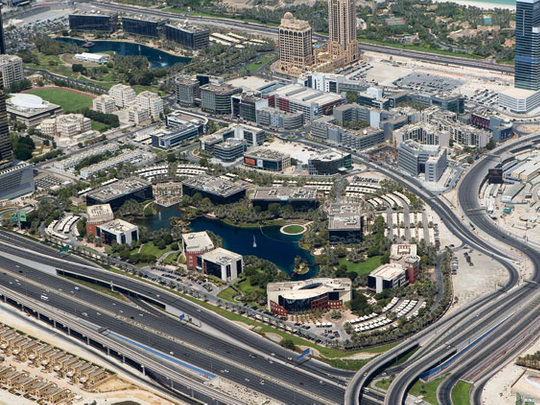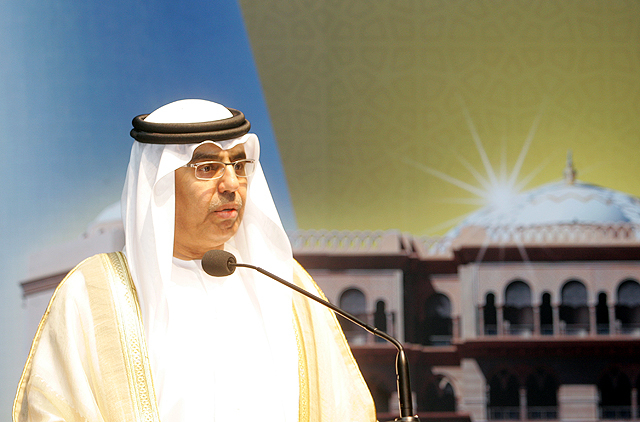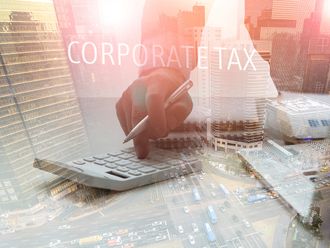
Dubai: Gulf countries cannot achieve a monetary union without the participation of the UAE, the region's second biggest economy, a top official said, in an apparent attempt to get the country back into the union.
"Without the UAE, the necklace [the Gulf Monetary Union] will not be complete," Abdul Rahman Bin Hamad Al Attiyah, GCC Secretary-General, said at a conference in Dubai yesterday.
Great role to play
"The UAE is the second biggest economy in the GCC and has a great role to play. We can't ignore the UAE's role in the monetary union."
He was speaking on the sidelines of a conference entitled Gulf Common Market: from Cooperation to Integration, hosted by the UAE Ministry of Finance under the patronage of Shaikh Hamdan Bin Rashid Al Maktoum, Deputy Ruler of Dubai and Minister of Finance.
The six Gulf neighbours entered into a GCC Customs Union in 2003 and introduced the GCC Common Market in 2008 as part of the region's planned economic integration.
The UAE last year announced its withdrawal from the monetary union due to a disagreement on the location of the future Gulf Central Bank. The process of forming the union has since been delayed.
Biggest setback
Saudi Arabia claimed that it would host the Central Bank for which the UAE had already bid.
The withdrawal of the UAE — the region's trade gateway — from the monetary union was the biggest setback the group had faced since its formation nearly three decades ago. Progress on the monetary union since then has been frustratingly slow.
Oman had earlier pulled out of the plan. However, Bahrain, Kuwait, Saudi Arabia and Qatar have remained committed to it.
In 2007, Kuwait cut its currency loose from the US dollar, preferring to float its dinar against a basket of currencies.
Currency peg
The Kuwaiti move put it at odds with the other Gulf states, which peg their currencies to the dollar.
There is also no consensus on the technical details of the currency union which include the type of currency, payment settlement systems, banking supervision regulations and exchange rate policy.
In his keynote speech, Obaid Humaid Al Tayer, Minister of State for Financial Affairs, said: "The Gulf Common Market is a tangible evidence to the faithful efforts that GCC leaders have exerted to achieve sustainable integration as well as social and economic cooperation among GCC."
Al Tayer called on GCC authorities to speed up the implementation of all decisions and legislation which serve the benefit of the GCC people.
Major achievements
Pointing to the importance of the Gulf Common Market, he added: "Building a solid regional economy is the best means towards social solidarity."
Younis Haji Al Khoury, Director-General of Ministry of Finance, said: "GCC members have major achievements in economic, social and health domains.
"We will continue to strengthen the economic integration among the GCC countries, and to insure the integration of their financial and business activities by raising the level of effective production."













